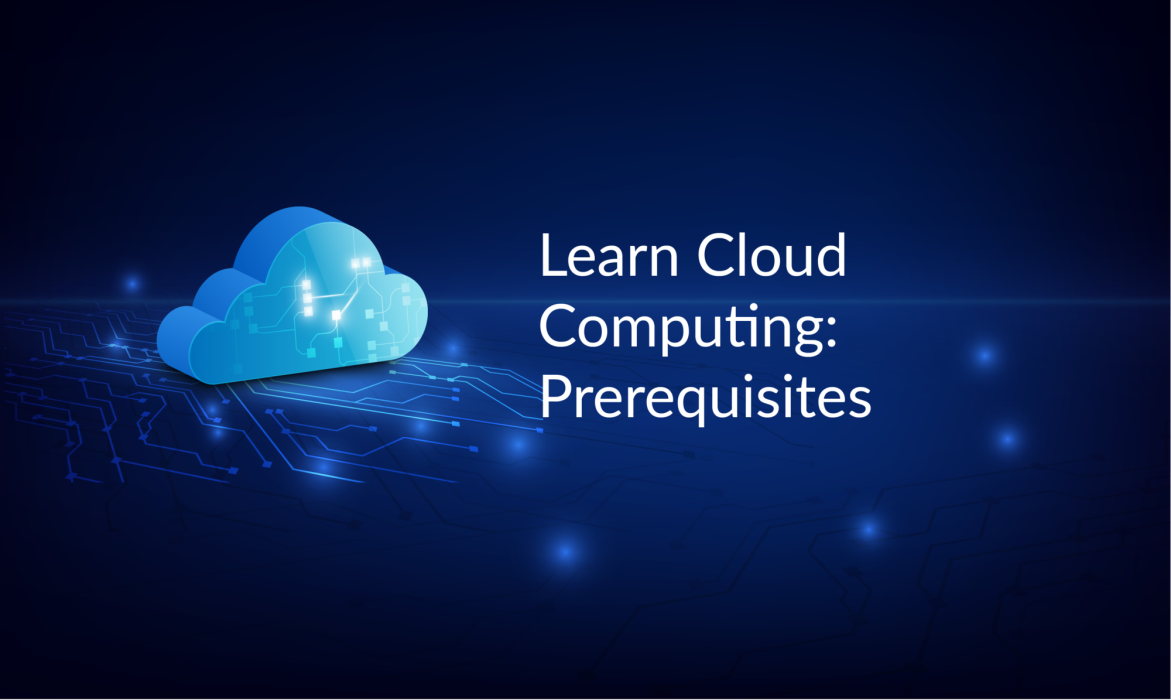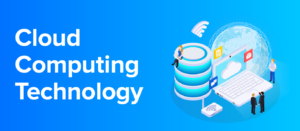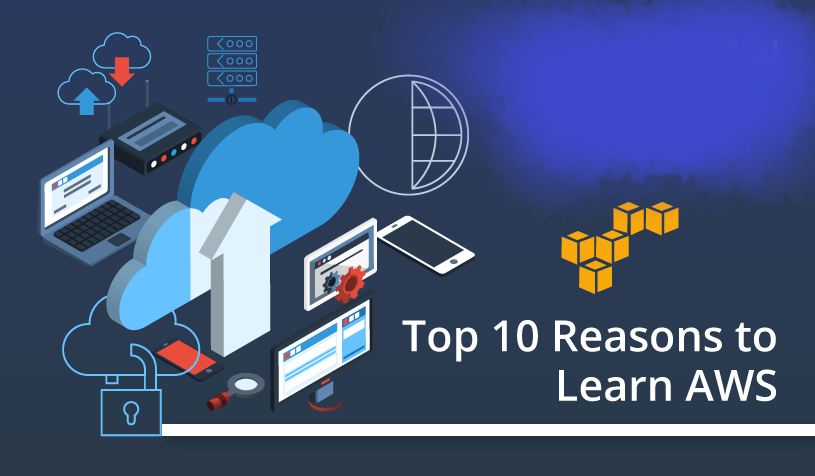Contents
What is Cloud Computing?
Cloud computing is a term that describes a collection of computing resources that are accessible via the Internet rather than being located on your own machines or servers. Users pay for cloud-based services on a per-user basis, regardless of the volume of capacity required, the number of users for a particular program, or the number of resources used.
Cloud storage services are divided into three categories:
- Infrastructure (servers, storage, and networking)
- Platform (databases, operating systems, and development tools)
- Software (applications)
Cloud hosting is also advantageous for businesses who do not want to invest in and manage physical technology infrastructure, specifically if they do not plan to access software or databases on a continuous basis. Hospitals, on the other hand, are less positioned to gain from cloud computing because they frequently run mission-critical applications in their own onsite cloud services.
Cloud Computing Skills You Need:

1. Cloud Security:
Cloud computing very nature—outsourcing the storing and processing of often-sensitive business data—requires a strong emphasis on protection and confidence. Since a single security violation has the power to reveal user records, steal intellectual properties, and permanently harm a company’s image, IT security is (or should be) a top priority in most organizations.
The need for cybersecurity expertise, in general, is enormous and increasing by the day, but it is especially acute in the cloud. The free Certified Cloud Security Professional (CCSP) course from Simplilearn, which includes seven hours of self-paced youtube tutorials, is a good place to start. This informative course will teach you about common vulnerabilities and threats, as well as cloud platform and design protection. Enroll in the entire CCSP course when you’re able to go on with your certifications.
2. Machine Learning and AI:
Aside from cloud computing, machine learning and artificial intelligence are a burgeoning industry segment. However, after major cloud providers have begun to provide software and services that make cloud-based AI and machine learning applications more available, they have become essential cloud computing skills. Cloud computing, formerly known as “infrastructure as a service” by Amazon’s AWS division, will provide the computing resources and infrastructure that organizations of any scale need to experiment with AI and machine learning.
The distribution of machine learning applications over the cloud is now referring to as machine learning as a network, or MLaaS, and is projected to expand at a compound annual growth rate (CAGR) of 43 percent through 2023 as the machine learning industry matures. Machine learning and AI, like cryptography, are in desperate need of talent.
3. Database Skills:
Every day, we generate 2.5 quintillion bytes of data on a global scale, much of it unstructured but of tremendous importance for businesses. The desire to extract valuable knowledge from these datasets, which are largely stored on cloud systems, drives the need for specialists with cloud management expertise to handle, store, and access data. When you’re an IT expert, now is the best time to learn a database querying language and the platform that goes with it. SQL is the de facto basic database language to master. Try mastering MySQL, MongoDB, or Hadoop if you’d like to broaden your horizons.
4. DevOps:
DevOps is a common software development approach that considers the whole software lifecycle, from design to maintenance. It is derived from the word “developmental operations.” The DevOps methodology enables businesses to automate these upgrades and distribute them more quickly and effectively. It’s a significant step forward in the field of cloud computing. As a result, adding DevOps to your cloud management capability set is a wise decision.
5. Cloud Migration and Multi-cloud Deployment:
Organizations are in search of experts with integration and conversion experience as they begin to transition native IT applications to cloud services, or from one cloud platform to another. This isn’t as easy as turning on a light switch; it takes sophisticated cloud storage expertise to maintain data confidentiality and stability while minimizing downtime. Although it’s still a good idea to stop restricting yourself, many businesses need employees who are familiar with the three main cloud systems.

You’ll get more job prospects and value inside a given company if you have AWS, Azure, and Google Cloud expertise. Simplilearn’s 12-month Post Graduate Program in Cloud Computing, established in cooperation with CalTech CTME, provides a rigorous education in all three main cloud platforms.
6. Serverless Architecture
One of the cloud computing capabilities you should learn this year is serverless architecture. Serverless architecture (also known as serverless computing or feature as a service, FaaS) is a software development style in which programs are implemented by a third-party package, without the need for the creator to handle server hardware and software components.
The serverless architecture does away with the need for infrastructure to accomplish basic communications. Particularly if programmers want to keep tabs on an app. Experts or developers pursuing cloud infrastructure expertise may use Serverless Architecture to create applications that are modular and easier to cover, update, or promote.
Conclusion:
So, these are all the in-demand cloud computing skills that you can pursue this year. These are the top cloud computing skills that can help you develop a successful cloud computing career. You would have greater prospects in the dynamic cloud industry if you are sufficiently qualified with the most required technical skills.





More Stories
5 Reasons to Employ Monitoring Software in The Classroom
Navigating the Digital Wild West: How ByteSnipers Fortifies Your Bremen Business
Demystifying the Different Types of Network Access Control Methods